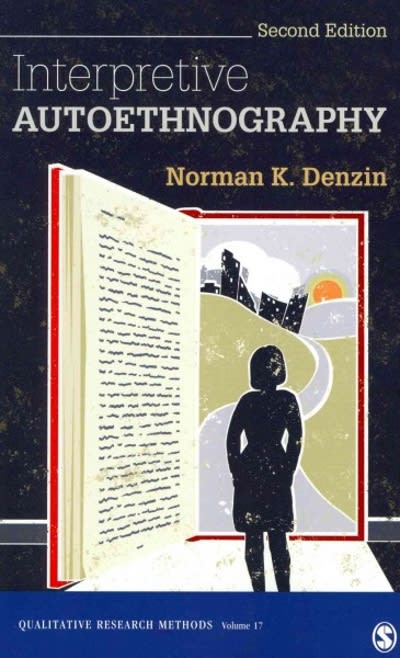Answered step by step
Verified Expert Solution
Question
1 Approved Answer
Name D Date Period Matching Personality Disorders Match the definition/case study with the Personality Disorder in the box. 1. A pattern of distrust and

Name D Date Period Matching Personality Disorders Match the definition/case study with the Personality Disorder in the box. 1. A pattern of distrust and suspiciousness such that other's motives are interpreted as malevolent 2. A pattern of detachment from social relationships and a restricted range of emotional expression. 3. A pattern of social inhibition, feelings of inadequacy, and hypersensitivity to negative evaluation. A pattern of disregard for and violation of the rights of others. 5. When Korina was twelve years old, she began stealing from local stores. Her delinquent behavior continued and became more serious as she entered adulthood. a. Paranoid Personality Disorder b. Schizoid Personality Disorder c. Antisocial Personality Disorder d. Avoidant Personality Disorder She showed no empathy, guilt, or shame and always tried to manipulate other people with her superficial charm. Which personality disorder does Korina display? 6. Alondra is extremely inhibited in social situations, feels inadequate, and is extremely sensitive to criticism from her family and her boss. 7. Sergio is a 15 year old male who is currently living at home. Sergio rarely socializes, and when he is not in school he spends most of his time on his computer. Sergio says he has one close real-life friend but no one has ever seen this person. Sergio has a history of doing poorly in mainstream school. He reports being very anxious at school because he "doesn't fit in." When interviewed, Sergio was highly animated and often inappropriate with smiling and laughing. He avoided eye contact with the interviewer. 8. Alizeth thinks that there are enemy agents walking around campus who are putting thoughts and images into her mind. She believes that she then sends these thoughts out to other students and that these other students are secretly laughing at her. Consequences of Personality Disorders People with a personality disorder are at high risk of behaviors that can lead to physical illness (such as alcohol or drug addiction); self-destructive behavior, reckless sexual behavior, hypochondriasis, and clashes with society's values. They may develop a mental health disorder; the type (for example, anxiety, depression, or psychosis) depends in part on the type of personality disorder. They are less likely to follow prescribed treatment; even when they follow the regimen, they are usually less responsive to drugs than most people are. They often have a poor relationship with professionals because they refuse to take responsibility for their behavior or they feel overly distrustful, deserving, or needy. The professional may then start to blame, distrust, and ultimately reject the person. 9. People with antisocial personality disorder are often more difficult to treat than people with other types of personality disorders. Why do you think this is so? BIG IDEA
Step by Step Solution
There are 3 Steps involved in it
Step: 1

Get Instant Access to Expert-Tailored Solutions
See step-by-step solutions with expert insights and AI powered tools for academic success
Step: 2

Step: 3

Ace Your Homework with AI
Get the answers you need in no time with our AI-driven, step-by-step assistance
Get Started


